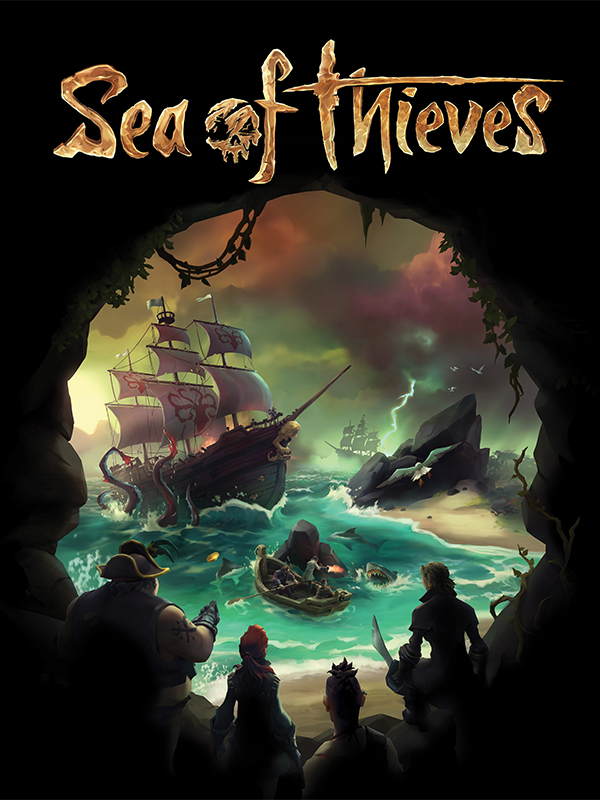 Sea of Thieves is a beautiful, joyful, pulse-quickening, sweet tech demo. The team obviously spent enormous effort, skill, and time in getting the water and the wind and the sailing just exactly right—and they are marvelous! Unfortunately, after years of development, they have little game to go with them. And the game industry has seen too many games live too long in development. This is a real problem, because a game that stays in development too long dies. A novel too long in development risks being over-written, but the tech doesn’t move past it. A novel in the works for ten years may risk feeling old school, or thrillers may seem ripped from yesterday’s headlines, but most genres are insulated from the dangers of time. A game in development for a decade, however, finds that everyone else’s graphics and even gameplay have moved beyond them. The audience no longer can be wowed by a game coded on an old game engine.
Sea of Thieves is a beautiful, joyful, pulse-quickening, sweet tech demo. The team obviously spent enormous effort, skill, and time in getting the water and the wind and the sailing just exactly right—and they are marvelous! Unfortunately, after years of development, they have little game to go with them. And the game industry has seen too many games live too long in development. This is a real problem, because a game that stays in development too long dies. A novel too long in development risks being over-written, but the tech doesn’t move past it. A novel in the works for ten years may risk feeling old school, or thrillers may seem ripped from yesterday’s headlines, but most genres are insulated from the dangers of time. A game in development for a decade, however, finds that everyone else’s graphics and even gameplay have moved beyond them. The audience no longer can be wowed by a game coded on an old game engine.
So the corporate overlords have a point beyond simple greed when they push a game like this out the door. Plus, even with your overlord is Microsoft, paying the salaries of a hundred (or whatever) highly-skilled people for four years isn’t cheap. At some point, you need to see a profit. That’s not Microsoft being evil, that’s just reality. You can’t pour money into a pit forever, especially as you know what you get back will decline sharply if they take too long. (“Oh, you have HDR and 4k?” goes from a selling point to “So what? How’s the holographic rendering?”)
The game is really fun, and if you play it with a friend—or more, I guess, but I only have one, so… ya know… 😉 —it’s even more fun. Sailing is great: it feels exploratory and even dangerous. Your first storm is awe-inspiring. But after a few hours, you realize the game is empty.
The quests are all fetch quests. There are literally 3 different fetch quests, and… that’s it. There are no NPC ships. At all. So there no merchants for your pirates to… pirate. You’re only fighting other pirates–that is, exactly the people you’d avoid as a real pirate. Most of those are smart enough that when they get plunder, they take it immediately to the many and readily available ports, and sell it right away. So if you sink another ship, you get little or nothing in game terms. If you seize a ship, you might get a chest, which gives you gold that you can use to… get a cosmetic upgrade. (Or more realistically, one chest will pay for 1/15th of a cosmetic upgrade.) There aren’t enough cosmetic upgrades to make this meaningful, nor are they tied to anything you’ve done in-game. After you’ve done 200 fetch quests you can get a peg leg, or something. None of the upgrades add any function.
I understand why. Your progress in this game is simply that you learn how to do harder stuff through your own gaming skill or memorization of the map; every pirate is on equal footing in gameplay terms. That’s a really bold decision. After all, if you reward experienced players by letting them earn better guns, you open a wider gulf between them and the newbs who log on for the first time. This makes things friendlier to new players.
But it flattens out the game. There’s no progress. That makes a game that already feels purposeless feel even more so.
If getting treasure doesn’t DO anything but help you play dress-up, and the dress-up you play isn’t even meaningful, what does that encourage instead? Well, I think it encourages you to abandon the pointless pursuit of loot yourself and enjoy messing up other players’ pointless pursuit of loot instead. There’s a name for this: griefing.
There are two types of ships: big and little. There are no better ships. If you’re playing alone, you need to be on the little ship.
The death mechanic is compelling, even brilliant. If you’ve killed a hostile pirate before you die (which happens often in ship battles), you’ll find him too in the afterlife. You can talk to each other. This humanizes your opponents (which is everyone) and makes for a friendlier game experience. I think it’s awesome. (More on this in a moment.)
But—and I think this is being addressed in an update—you respawn WAY too close to your fight. If you die, you can quickly rush back to your ship to rejoin the same fight before it’s even over. So death doesn’t suck much for the person who dies. That’s nice. (Though it encourages reckless play.) But in game terms, it also means that killing a hostile pirate doesn’t mean putting him or her out of the fight. If you’re outnumbered, you’re screwed. You can’t kill opponents fast enough to win.
The same thing happens if your whole ship gets sunk. Your ship respawns within view of your opponents. I played alone one night, and took on a bigger ship that (it turned out) had four players on it. They killed me, sank my ship, killed me, killed me, sank my ship again, and sank my ship again. I couldn’t get away from them, period, and no matter how many of them I killed, they always outnumbered me because of the respawn.
This level of game design stupidity is hard to comprehend. Did no one in the many months of beta tests act like a-holes? That’s hard to believe. These are gamers, after all.
And if you’re on a ship of four players, what’s fun? Killing other weaker ships. You’re playing a pirate. That’s the whole point. The money doesn’t matter in this game, so it doesn’t matter that you’re killing a ship that doesn’t give you loot. Loot is pointless. Your own ship respawns too, so you don’t lose anything if you lose the fight, either. So the fun is in demonstrating your mastery over other players. Of course this is going to happen.
But!–and this was a unique gameplay experience enabled by the death mechanic–I told the guys killing me that they were griefers and being assholes coming after a new player. (It was the very first day the game came out, and they already had the sails that cost 70k gold—so they’d been playing a long, long time in the beta.) They were first like, “Hey, it’s a pirate game, buddy.” But then they hunted me down (a 4th or 5th time), and apologized. This doesn’t happen in online games. They gave me some chests they were carrying, and we went our separate ways.
So the brilliance of half of the death mechanic countered the stupidity of the spawn distance. (Which is fixable.)
But it all points to the emptiness of the game. After you master sailing (which takes some time!), what do you DO? The islands have cool cave paintings and are fun to explore—but there’s no one who made the paintings. There’s no quests to find out anything. No lore. Nothing to discover. Obviously, that content is planned already, but it doesn’t exist yet. Your opponents are players, or skeletons or harder skeletons. That’s it. The NPCs otherwise stay in their booths, handing out ale or one of the three fetch quests. The same 4 NPCs (with different looks but identical dialogue and functions) inhabit every island.
There is apparently an endgame (being a legendary pirate), which takes 100+ hours to get to. 100-some hours of mind-numbing fetch quests, which opens… more of the same, but with a cooler-looking ship.
I see a ton of potential here IF they reinvest their profits into developing all their ideas, and IF they move quickly to make necessary changes (realizing problems, unlike Activision/Destiny 2), and IF the player base either doesn’t drop off too dramatically or if they believe they can lure players back with additional new content (which will have to include micro-transactions so they can show an on-going profit stream), if all that happens, then in a year, this will be an amazing game.
It already is an amazing game for a few hours. I hope it survives. I hope the content that is surely in the pipeline is as good as the sailing and weather. It’s getting terribly low reviews right now because, like I did in school, you’re averaging 95%’s in with some 0%’s. Those zeroes really pull your average down! Is this game as bad as the shoddy work out there that gets a 6 or a 7 out of 10? No, not even close. But then, it’s not a whole game either.
Right now, I can’t give it a grade. It earns an
INCOMPLETE.
Teacher’s note: “Must work on time management skills. Not living up to potential. Please finish your project before graduation, Rare.”

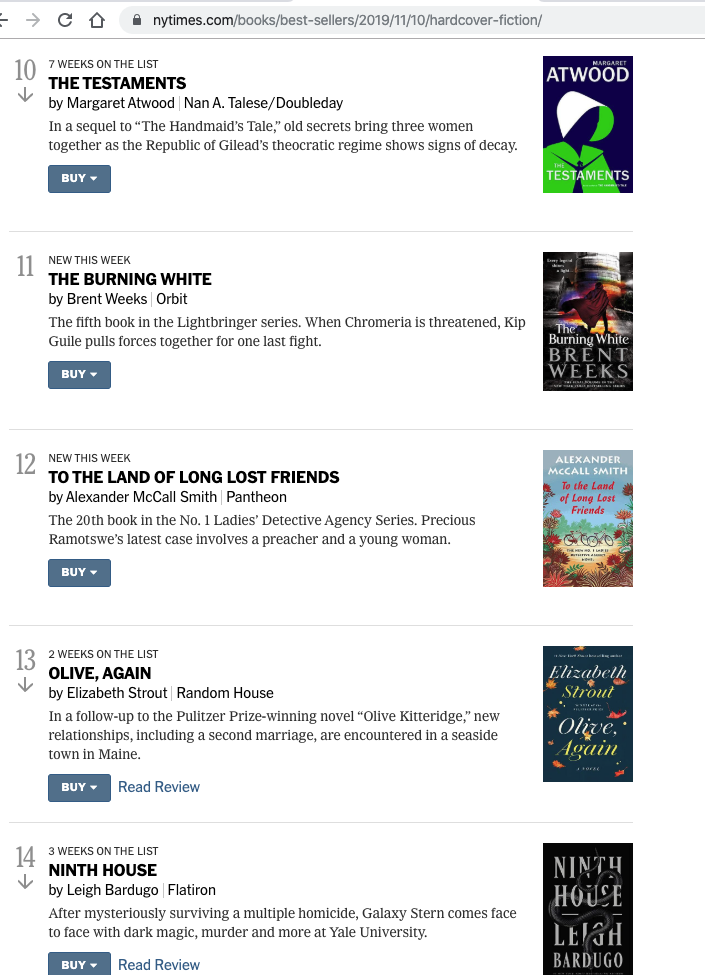
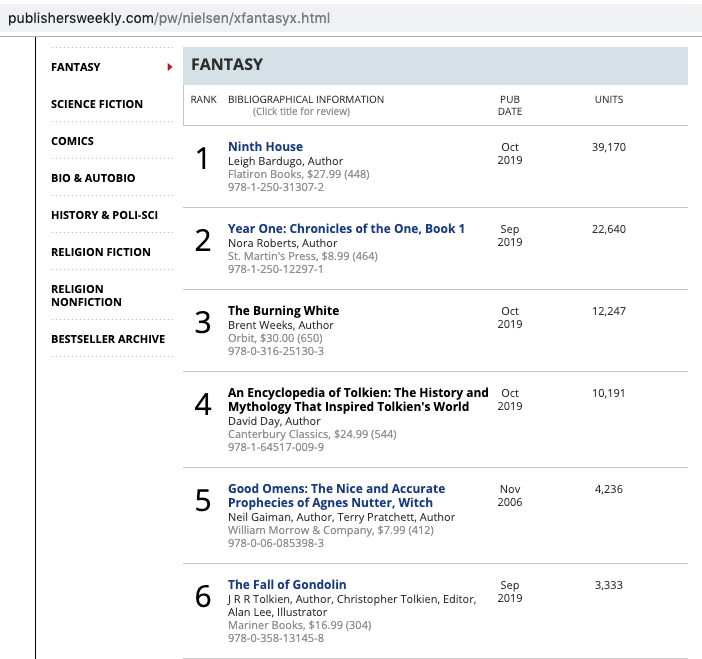


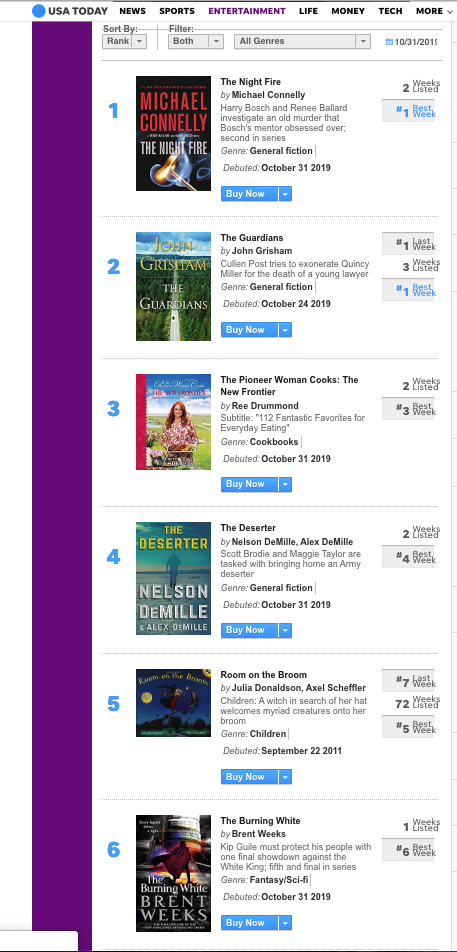
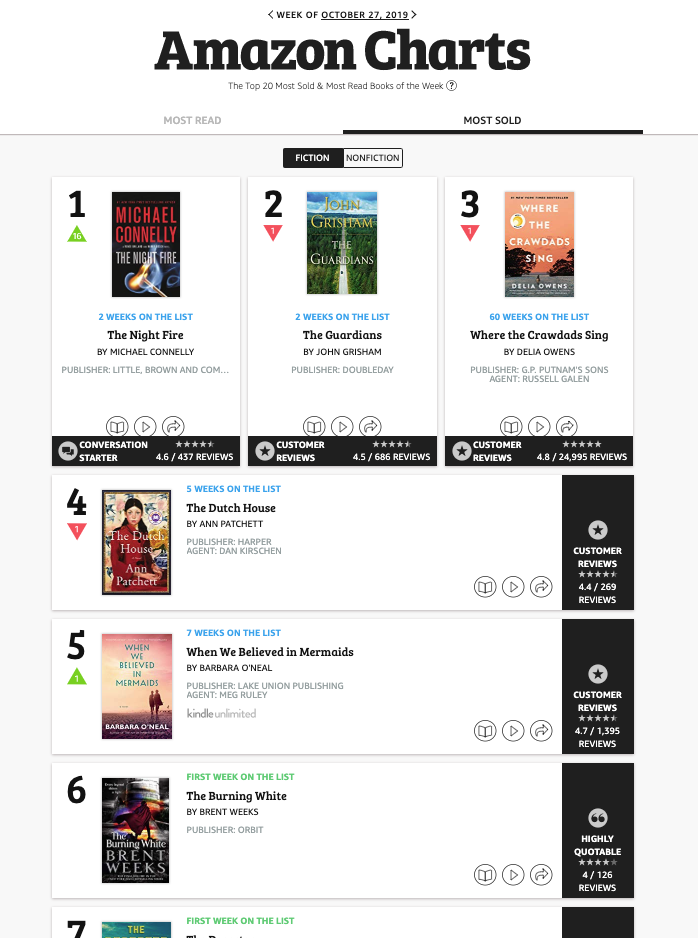





 Sea of Thieves is a beautiful, joyful, pulse-quickening, sweet tech demo. The team obviously spent enormous effort, skill, and time in getting the water and the wind and the sailing just exactly right—and they are marvelous! Unfortunately, after years of development, they have little game to go with them. And the game industry has seen too many games live too long in development. This is a real problem, because a game that stays in development too long dies. A novel too long in development risks being over-written, but the tech doesn’t move past it. A novel in the works for ten years may risk feeling old school, or thrillers may seem ripped from yesterday’s headlines, but most genres are insulated from the dangers of time. A game in development for a decade, however, finds that everyone else’s graphics and even gameplay have moved beyond them. The audience no longer can be wowed by a game coded on an old game engine.
Sea of Thieves is a beautiful, joyful, pulse-quickening, sweet tech demo. The team obviously spent enormous effort, skill, and time in getting the water and the wind and the sailing just exactly right—and they are marvelous! Unfortunately, after years of development, they have little game to go with them. And the game industry has seen too many games live too long in development. This is a real problem, because a game that stays in development too long dies. A novel too long in development risks being over-written, but the tech doesn’t move past it. A novel in the works for ten years may risk feeling old school, or thrillers may seem ripped from yesterday’s headlines, but most genres are insulated from the dangers of time. A game in development for a decade, however, finds that everyone else’s graphics and even gameplay have moved beyond them. The audience no longer can be wowed by a game coded on an old game engine.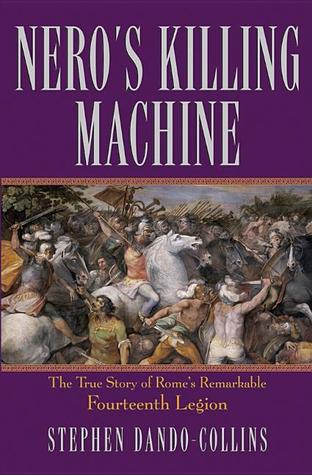 I’m not sure if I should add a point or take it away for the fact that this had to be a difficult book to write. A history of a single Roman military legion is simply faced with an enormous problem: How do you make the story of what are actually many armies over hundreds of years into a unified story of an army, as if it were one living breathing beast? As one of the last chapters admits, the men of the early 14th legion would have sneered at the bearded, married, business-owning, involved-in-local-politics later legion that dared to share the same name as their beloved legion that ferociously banned all those things. This central difficulty is made worse by a peculiarity of how Rome recruited and fielded its legions: men signed up for 16- or later 20-year stints, after which they retired. Granted, some men would stay in, and be moved to the upper ranks, but the vast majority of each legion simply left. An entire new army was formed of green recruits every 20-ish years. (And you did NOT want to go into battle with that baby army for a while!) So how is this army with massive periodic turnover to be treated as the same army in one story over centuries? How do you successfully tell that story?
I’m not sure if I should add a point or take it away for the fact that this had to be a difficult book to write. A history of a single Roman military legion is simply faced with an enormous problem: How do you make the story of what are actually many armies over hundreds of years into a unified story of an army, as if it were one living breathing beast? As one of the last chapters admits, the men of the early 14th legion would have sneered at the bearded, married, business-owning, involved-in-local-politics later legion that dared to share the same name as their beloved legion that ferociously banned all those things. This central difficulty is made worse by a peculiarity of how Rome recruited and fielded its legions: men signed up for 16- or later 20-year stints, after which they retired. Granted, some men would stay in, and be moved to the upper ranks, but the vast majority of each legion simply left. An entire new army was formed of green recruits every 20-ish years. (And you did NOT want to go into battle with that baby army for a while!) So how is this army with massive periodic turnover to be treated as the same army in one story over centuries? How do you successfully tell that story?